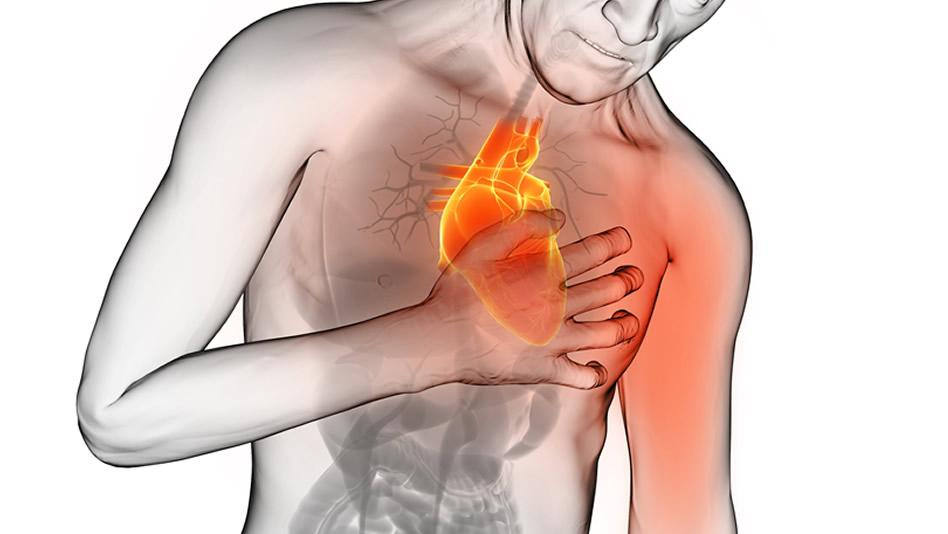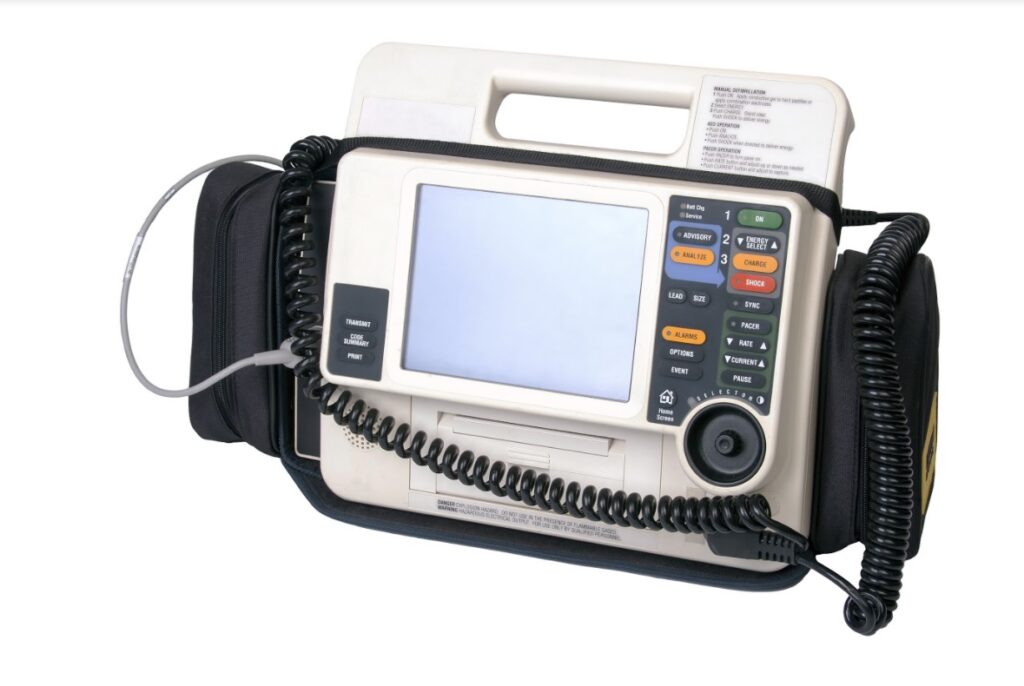Heart disease is one of the leading causes of death worldwide and it causes substantial morbidity, with around 1 in 20 adults being diagnosed with it during their lives. Maintaining proper heart care is vital in ensuring a healthy heart.
Heart doctors or cardiologists are responsible for diagnosing heart conditions and carrying out tests and procedures that ensure the treatment of the patient. Heart doctors specialize solely in the heart and the heart vessels.
Heart doctors aim to use developed systems to diagnose ailments and conduct treatment procedures. The use of catheters, pacemakers, and angioplasty are some common procedures used to check for any heart irregularities.
The changing life environment owing to the pandemic and general life stresses have greatly contributed to the prevalenceof heart disease. Individuals who get heart attacks during the pandemic are less likely to survive due to the strenuous effect the Covid-19 has on the lungs and heart surroundings.
Studies also show the prevalence of heart disease among adults from the age of sixty-five when faced with a decline in wealth and economic influence.
When to visit a heart doctor
Many patients tend to postpone their visit to the cardiologist until things become dire and strained. The visit to the cardiologist should be at the first sign of abnormality and irregularity through the following symptoms:
Chest pain
The presence of heart pain is often a symptom of something abnormal and immediate checkup from the cardiologist is advised especially when the pain remains constant. Heart pain may occur as a result of a lack of enough blood in the heart. This may be accompanied by shortness of breath, dizziness, weakened pulse, and nausea.

Family history
Some families have a history of heart diseases. Individuals who fall under this category should schedule regular checkups with the cardiologist to prevent any eventuality.
Underlying problems
Individuals with underlying problems such as diabetes or chronic kidney disease are highly susceptible and at risk for heart disease.
High cholesterol levels
The presence of high cholesterol clogs the arteries thereby making it hard for adequate blood and oxygen to reach the heart.
Lack of physical activity
Patients who do not engage in physical exercise but wish to start must first consult with the cardiologist to determine whether there are underlying problems.
Hypertension
High blood pressure makes the blood pump harder against the artery walls. This might cause a strain on the heart and blood vessels, increasing the chances of a stroke or attack.
Visiting the heart doctor
A visit to the cardiologist will see the patient’s medical history and physical conditions examined. For starters, the cardiologist will go through the patient’s history to ascertain there aren’t any hereditary conditions that may affect their heart condition.
The medical history also aims to observe the condition of the lungs and blood vessels. The cardiologist will thereafter conduct the following tests:
Echocardiogram
This test aims to indicate how well the heart is working by showing the heart, the surrounding chambers, and the cardiac output which shows the rate at which blood is being pumped through the heart. This test can detect abnormalities and identify any inflammations or infections.
Nuclear cardiology
These tests aim to use imaging techniques to determine the presence of diseases and conditions.
Ambulatory ECG
This test helps record heart rhythms when the patient is in motion. Normally conducted during physical exercise, small metal electrodes are connected to the chest that records the heart rhythms.

Electrocardiogram
The electrical activity of the heart is vital in ensuring the perfect condition of the heart.
Cardiac Electrophysiology
This includes observing the electric currents of the heart to understand how the tissue and heart currents work. Through the use of a catheter to the heart, this test helps check the symptoms and best possible treatments for abnormal heart rhythms.
After the above tests, the cardiologist will monitor and observe the results of the heart and ensure that all the due processes are followed. Each test is conducted based on the patient’s requirements and the condition of their heart.
Some patients may require more than one test to determine the condition of the heart and ensure the right treatments are followed.
Choosing the right heart doctor
When scouting for a heart doctor, it is best to ensure you get one who is qualified, experienced, and has the zeal in the profession. It is important to check whether the cardiologist is board certified and holds the required credentials.
The cardiologist should also be able to communicate well to patients and brief them of their condition as well as possible treatment solutions that they will have to employ. This is vital in ensuring patients follow through with their treatment plan, and not halfway as soon as they get better.
It is important to ask the cardiologist the right questions to ensure proper treatment. For instance, patients can seek to understand the treatment techniques of their condition, and whether they are invasive or not. The patient is also at liberty to enquire about any advancement in cardiology that can make their treatment process easier, swifter, and efficient.
With the growing advancements in technology, heart doctors are pulling no stops in ensuring that they offer the very best in specialized heart care.
Several developments in the cardiology world have gained traction and helped advance the world of cardiology. The use of cardiac imaging and rehabilitation has sought to evaluate the management of the heart in patients recovering from hospitalization.
Cardiac rehabilitation has assisted the older generation especially patients over the age of eighty years who are less likely to receive the required treatments. This has helped manage various heart conditions that are more prevalent now since the Covid -19 pandemic.
A visit to the heart doctor may deem unpleasant and fearful to most individuals. However, it is better to employ due diligence in observing the heart condition to detect any abnormalities and prevent future heart conditions.
In conclusion, it is best to ensure proper health practices that aim in preventing future heart conditions. Eating healthy foods that are rich in antioxidants, refraining from smoking, and reducing cholesterol-filled foods are vital for proper heart health.
